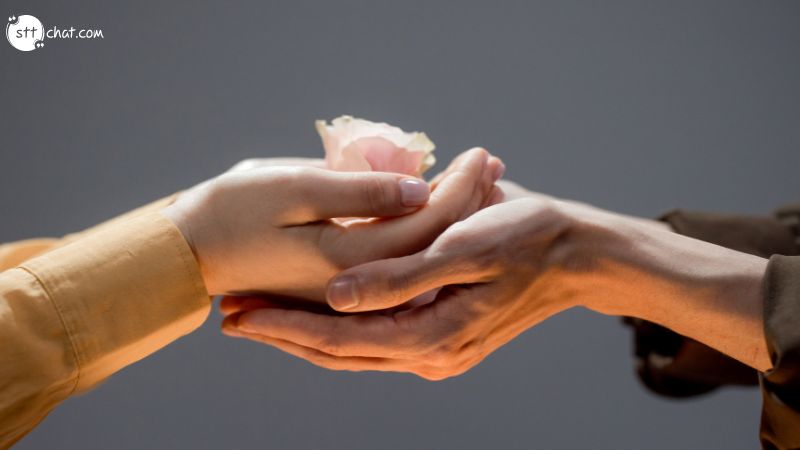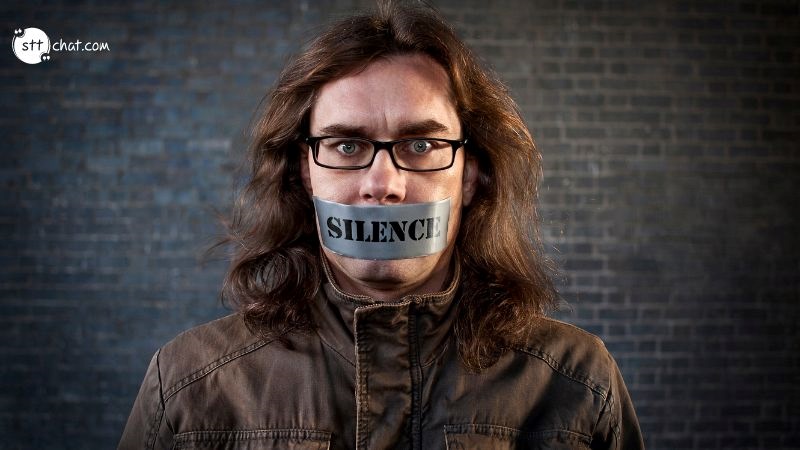Stephen Chbosky’s quote, "I would die for you. But I won't live for you," from his novel The Perks of Being a Wallflower carries a powerful message about love, sacrifice, and personal boundaries. At first glance, this statement may seem contradictory, but a closer look reveals its profound meaning. Let's explore the complexities of this quote and what it tells us about the nature of relationships, self-identity, and healthy boundaries.
1. The Complexity of Love and Sacrifice
In relationships, we often associate love with sacrifice. We are taught that true love involves giving ourselves fully to another person, even to the point of self-sacrifice. Chbosky’s quote challenges this notion by differentiating between the willingness to sacrifice one’s life for someone and the importance of maintaining one's own identity and autonomy.
1.1 Willingness to Sacrifice
The first part of the quote, "I would die for you," speaks to the depth of love and the willingness to make the ultimate sacrifice. It represents a selfless love that is willing to put another person's needs above one’s own. This kind of love is often romanticized in literature and movies, where characters are willing to die for their loved ones as a testament to their devotion.
Sacrificing one's life is seen as the highest form of love, an act that transcends personal desires and fears. It signifies a bond so strong that one's existence is considered secondary to the well-being and safety of the loved one.
1.2 The Importance of Personal Identity
However, the second part of the quote, "But I won't live for you," introduces a crucial aspect of relationships: the importance of maintaining personal identity and autonomy. While love may involve sacrifice, it should not come at the cost of one's own life, dreams, and individuality.
Living for someone else implies losing oneself in the process. It means prioritizing the other person’s needs and desires to the extent that one's own life becomes secondary. Chbosky emphasizes that while love may be selfless, it should not require us to abandon our own identity and purpose.

We are taught that true love involves giving ourselves fully to another person, even to the point of self-sacrifice. Source: Internet
2. Healthy Boundaries in Relationships
Chbosky's quote underscores the need for healthy boundaries in relationships. It’s essential to love and support our partners while also preserving our own individuality and well-being.
2.1 Balancing Love and Self-Care
Healthy relationships involve a balance between love and self-care. While we may be willing to make sacrifices for our loved ones, it’s equally important to take care of ourselves and nurture our own passions and aspirations. This balance ensures that both partners can grow and thrive individually and together.
Living for someone else can lead to resentment and burnout. It places an unfair burden on both parties, where one feels responsible for the other's happiness and well-being. By maintaining our own identity, we can contribute to the relationship in a more meaningful and sustainable way.
2.2 Setting Boundaries
Setting boundaries is a vital aspect of maintaining healthy relationships. It involves communicating openly and honestly about our needs, desires, and limits. Boundaries protect our mental and emotional well-being and prevent us from losing ourselves in the process of loving someone else.
Chbosky's quote encourages us to establish boundaries that allow us to love deeply without compromising our own identity. It reminds us that true love respects individuality and supports personal growth.
3. The Role of Independence in Relationships
Independence is a crucial component of successful relationships. It allows individuals to maintain their own interests, goals, and friendships while being part of a partnership.
3.1 Encouraging Personal Growth
When individuals maintain their independence, they are more likely to pursue personal growth and self-improvement. This growth benefits the relationship by bringing new perspectives, experiences, and skills that enrich the partnership.
A relationship that encourages independence allows both partners to flourish and evolve. It creates a dynamic where both individuals contribute to each other's happiness and success, rather than relying solely on the other person for fulfillment.
3.2 Avoiding Codependency
Chbosky’s quote also addresses the issue of codependency, where one partner relies excessively on the other for emotional and psychological support. Codependency can lead to an unhealthy dynamic where one person feels responsible for the other's well-being, often at the expense of their own needs and happiness.
By emphasizing the importance of not living for someone else, the quote advocates for relationships built on mutual respect and independence. It encourages individuals to support each other while maintaining their own sense of self and purpose.
4. Love as a Partnership
Ultimately, Chbosky's quote reminds us that love is a partnership between two individuals who respect and cherish each other's individuality. It’s about supporting one another through life's challenges while also pursuing personal dreams and aspirations.
4.1 Mutual Respect and Support
In a healthy relationship, both partners should feel respected and supported. They should be able to express their needs and desires without fear of judgment or rejection. This mutual respect fosters a sense of trust and security, allowing the relationship to thrive.
By acknowledging the importance of personal autonomy, the quote highlights the value of a partnership where both individuals are equal and empowered. It encourages us to seek relationships that nurture our growth and well-being, rather than diminish our sense of self.
4.2 Building a Life Together
While maintaining individuality is essential, relationships are also about building a life together. This involves shared experiences, goals, and dreams that strengthen the bond between partners. By supporting each other's aspirations, couples can create a fulfilling and meaningful life together.
Chbosky's quote challenges us to find a balance between selflessness and self-care, between sacrifice and autonomy. It reminds us that love is not about losing ourselves in another person but about building a life together that honors both partners' identities.

That love is a partnership between two individuals who respect and cherish each other's individuality. Source: Internet
Conclusion
Stephen Chbosky's quote, "I would die for you. But I won't live for you," offers a profound insight into the nature of love and relationships. It highlights the importance of balancing sacrifice with personal autonomy and underscores the value of healthy boundaries and independence.
In a world where love is often romanticized as self-sacrifice, Chbosky’s words remind us that true love respects and cherishes individuality. By maintaining our own identity and encouraging personal growth, we can create relationships that are fulfilling, empowering, and enduring. Let us embrace the wisdom of this quote and strive to build partnerships that celebrate both love and individuality.






